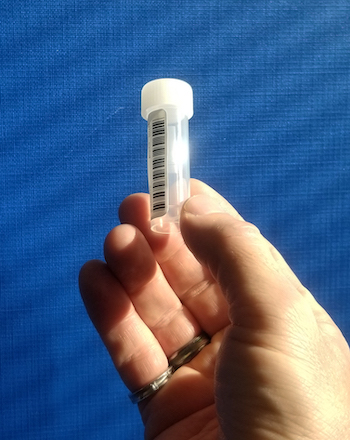
George Mason University, in keeping its focus on community safety and health, is requiring residential students to participate in COVID-19 testing after returning from the Thanksgiving holiday break.
Unvaccinated nonresidential students are asked to get tested after upon return from Thanksgiving break. Vaccinated nonresidential students are also encouraged to get tested following the break.
In addition, all students are being encouraged to get COVID-19 testing one to two days before travel and returning home or going to another location for the break.
Faculty and staff are also encouraged to get COVID-19 testing done before and after Thanksgiving break travel, said David A. Farris, executive director of safety and emergency management at Mason.
“Our holiday testing strategy is designed to not only identify and prevent the spread of COVID on campus but to mitigate the transmission of COVID from our campus to our community and the destinations our students, faculty, and staff will visit over the holidays,” said Farris.
Mason has capacity to test those who are leaving the area for the holidays. Students, faculty, and staff can schedule appointments through the online medical portal. On-demand testing is also an option for the Mason community. Testing is recommended 24 hours or more prior to travel to ensure that results are returned before departure, said Farris.
Residential students will be tested upon their return between Monday, Nov. 29, and Wednesday, Dec. 1. In addition, residential students with approved medical exemptions or who are not fully vaccinated must test twice during the week, with at least 48 hours between their first and second test.
“Mason’s testing program and public health and safety precautions are important to protect the Mason community, but they are just as critical to the safety and welfare of our family, friends, and community members whom we interact with off campus,” said Julie Zobel, associate vice president for safety, emergency, and enterprise risk management.
In the fall semester, Mason has had 304 positive COVID cases among the Mason population of more than 50,000 individuals. Cases have been low because students, faculty, and staff have complied with the campus mask requirement and other public safety measures, such as surveillance testing. Mason also has a high vaccination rate, with 96% of students and 92% of faculty and staff vaccinated.
